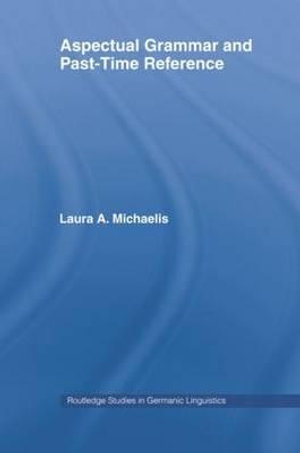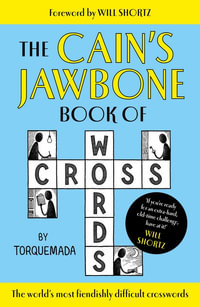
Aspectual Grammar and Past Time Reference
Hardcover | 1 January 1998 | Edition Number 1
At a Glance
Hardcover
$530.75
Ships in 15 to 25 business days
ISBN: 9780415156783
ISBN-10: 0415156785
Series: Routledge Studies in Germanic Linguistics
Published: 1st January 1998
Format: Hardcover
Language: English
Number of Pages: 320
Audience: College, Tertiary and University
Publisher: Taylor & Francis Ltd
Country of Publication: GB
Edition Number: 1
Dimensions (cm): 23.4 x 15.6 x 1.91
Weight (kg): 0.63
Shipping
| Standard Shipping | Express Shipping | |
|---|---|---|
| Metro postcodes: | $9.99 | $14.95 |
| Regional postcodes: | $9.99 | $14.95 |
| Rural postcodes: | $9.99 | $14.95 |
Orders over $79.00 qualify for free shipping.
How to return your order
At Booktopia, we offer hassle-free returns in accordance with our returns policy. If you wish to return an item, please get in touch with Booktopia Customer Care.
Additional postage charges may be applicable.
Defective items
If there is a problem with any of the items received for your order then the Booktopia Customer Care team is ready to assist you.
For more info please visit our Help Centre.























